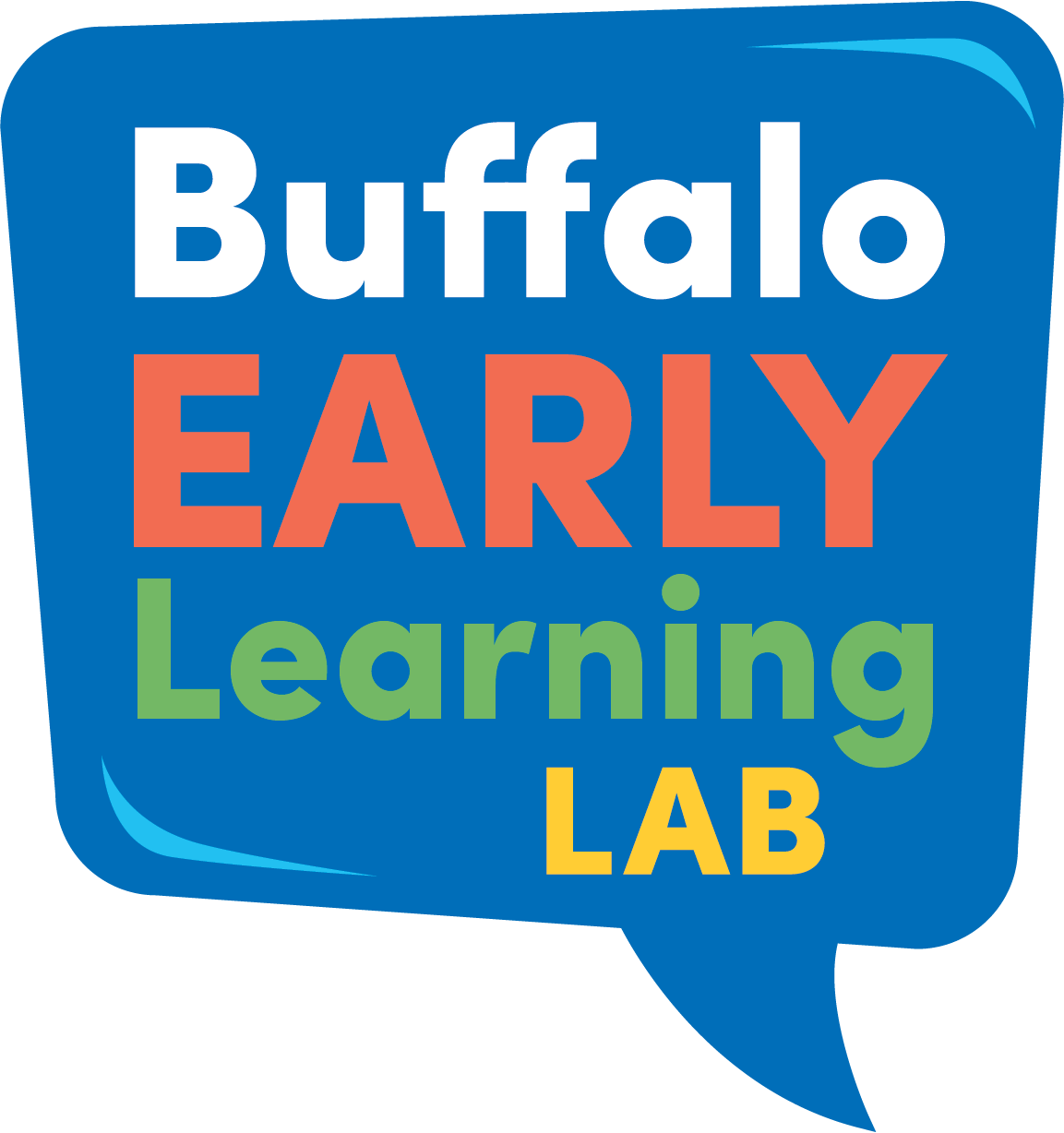Current research in the lab investigates how variability in learner’s input shapes how learning unfolds.
One specific area of research is how infants process talker variability (i.e. speech from multiple talkers) during the process of word learning. Our recent research has shown that talker variability can actually inhibit learning when it isn’t necessary for the task, and can broaden representations of newly learned words. But, it is something all learners have to contend with at some point, so how do infants learn how to harness that variability during learning? And what factors predict infants’ success (e.g. age, prior experience)?
Another line of research is focused on bilingual language development. In these studies, we ask how bilinguals’ unique experience with language shapes their language learning process. For example, does experience with bilingual individuals (who may speak languages with varying accents) change how infants process accented speech?
We take a number of approaches to answering these and other questions:
- Corpus analyses
- Eye tracking
- Looking time paradigms
